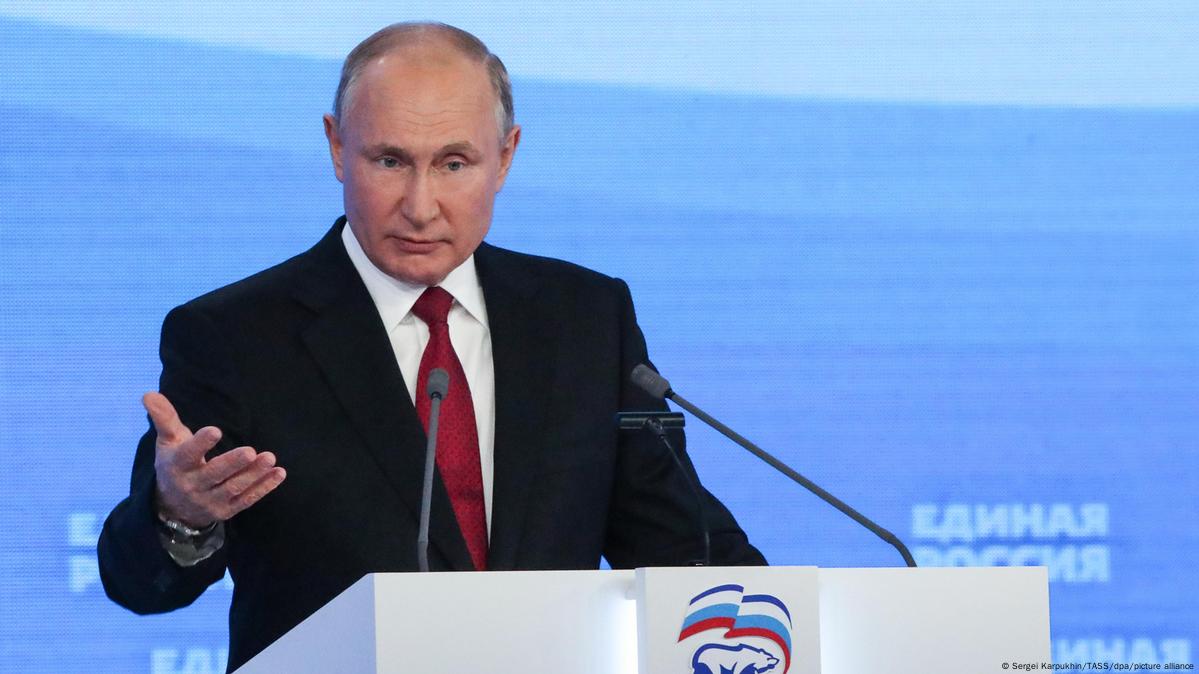
O Russian ambassador to Belgium, Denis Goncharfez harsh criticism of the possibility of confiscating Russian sovereign assets frozen in the European Union (EU)classifying the measure as a serious violation of international law and warning to direct economic consequences against the European bloc.
In an interview with state agency TASSthe diplomat stated that any attempt to use Russian state resources to finance Ukraine will be treated by Moscow as an illegal act of misappropriation.
“Any attempt to confiscate or use sovereign assets will be perceived as theft, an illegal act that contravenes current international law. The response will be proportionate. I can guarantee that if the EU decides to implement this plan, its talk of solidarity will quickly be replaced by counting losses,” declared Gonchar.
The speeches take place amid discussion within the European Union about the use of around €200 billion in frozen Russian state assets in European banks since the start of the war in Ukraine, in 2022. The proposal has been analyzed as a way of finance the reconstruction of Kiev and compensate for war lossesbut faces legal and political resistance in several countries in the bloc.
Context and political tension
As European sanctions against Russiaimposed after the invasion of Ukraine, included the blocking of reserves of the Russian Central Bank and assets of state-owned companies. Since then, Brussels has been searching for a formula that allows profits from these frozen resources to be transformed into funds supporting Ukrainewithout violating international law.
The proposal gained strength in 2024, with the advancement of Kiev’s financial difficulties and the impasse surrounding the sending of new aid packages by the United States. However, countries like Belgium and Germany have expressed caution before the plan, claiming that the direct confiscation of assets could create a dangerous legal precedent e undermine international confidence in the EU as a safe financial center.
Accusations of “Russophobic pressure”
During the interview, Denis Gonchar related the discussion about frozen assets to the political and military wear and tear of the West in the face of war. According to him, the European Union tries to compensate for the costs of the war and the weakening of Kiev by resorting to desperate measures.
“The more dire the situation in Ukraine becomes, in terms of Kiev’s defeat on the battlefield and growing economic and financial problems, and the more difficult it is for the West to find its own funds to keep Zelensky’s regime afloat, the more brazen are the attempts by the EU leadership and the more Russophobic member states to force the hesitant, like Belgium, to agree to the seizure. of Russia’s frozen assets,” said the ambassador.
Gonchar accused European governments more aligned with the United Stateslike those of Baltic and Polishof pressure reluctant countrieslike Belgium, Hungary and Austriato accept confiscation as a way of “maintaining the appearance of European unity”.
Financial dispute and legal dilemmas
The debate over frozen Russian assets divides not only EU countries, but also legal experts and economists. Experts warn that use sovereign resources of another State without an international court decision would represent direct violation of the Vienna Convention and the rules of the International Monetary Fund (IMF).
Even within the European Commissionthere are doubts about the viability of the plan. Technicians warn that the measure could lead foreign investors withdrawing capital from the euro zonefearing risks of future freezing or confiscation in cases of geopolitical disputes.
According to diplomatic sources cited by the agency Reutersthe most discussed alternative at the moment would be only use profits generated by blocked Russian assetsand not the main capital. These proceeds could be directed to a multilateral fund to support Ukrainea model similar to that adopted by United States and United Kingdom.
A Belgiumheadquarters of the clearing house Euroclearwhere part of Russian resources are concentrated, defends this more moderate format. The Belgian government argues that any full confiscation would require structural changes in European legislation and could generate judicial retaliation actions by Moscow in international courts.
Moscow threatens economic response
Gonchar did not detail what Russia’s retaliatory measures would be, but signaled that European companies and financial institutions still present on the Russian market could be affected. Among the possibilities raised by analysts are equivalent sanctions, confiscation of foreign assets on Russian territory e additional restrictions on imports of strategic European productssuch as those in the energy and pharmaceutical areas.
According to the ambassador, Russia considers it “inevitable” that the confiscation of its assets will lead to a collapse of confidence in the European financial system. He also stated that Moscow will monitor the decisions of the EU and each individual member statepromising a proportional and immediate response.
Internal divisions and economic impacts
The confiscation proposal was placed on the agenda of the European Commission after the President of the Council, Charles Micheldefend the “responsible use” of Russian assets to “support the Ukrainian people”. However, governments in countries like France, Italy and Belgium argue that the legality of the measure is not yet guaranteed and that any precipitation could open loopholes for global legal disputes.
European economists also warn that the measure could directly impact the credibility of the euro e the attractiveness of EU financial marketsreducing investments from emerging countries and sovereign wealth funds from Arab and Asian nations — important holders of European bonds.
Perspective and next steps
A European Commission promised to present a formal proposal on the fate of Russian assets until the end of Novemberbut diplomats already anticipate that negotiations are expected to extend until 2025.
Meanwhile, Moscow maintains its claim that any use of its resources will be considered “state theft” and that the EU will bear the economic consequences.
“We believe that, by acting outside the norms of international law, the European Union will be undermining the very system that supports its economy and its role in the world”, concluded Gonchar.
The crisis surrounding frozen assets adds yet another element of tension in the already deteriorating relations between Moscow and Brusselswhich remain without prospects for normalization since the start of the war in Ukraine.
(approx. 880 words)
Source: https://www.ocafezinho.com/2025/10/14/kremlin-alerta-que-confisco-de-ativos-russos-pela-ue-seria-ato-de-roubo-e-ameaca-retaliacao-brutal/

